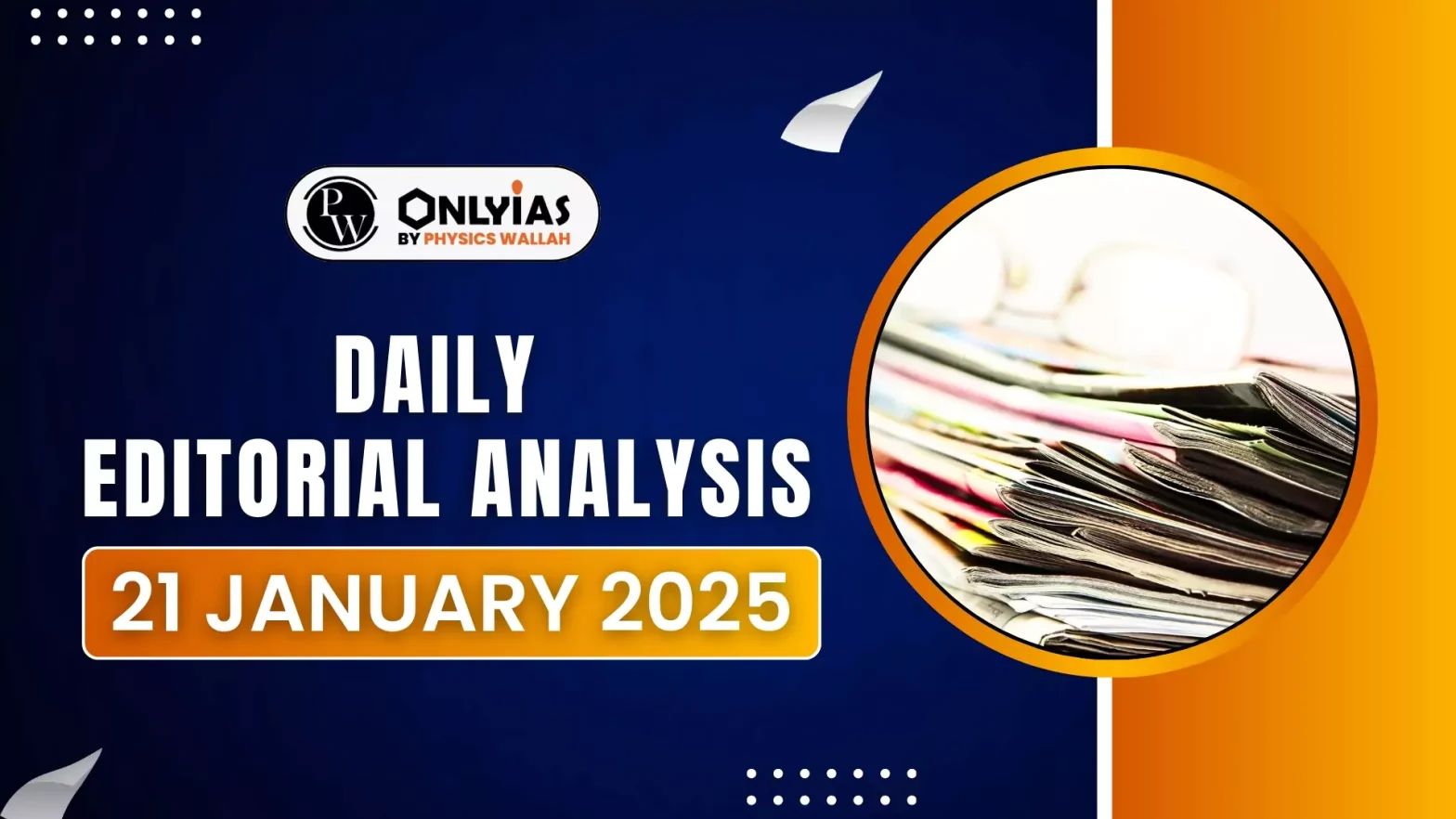The University Grants Commission (UGC) has recently unveiled draft regulations for selecting and appointing Vice Chancellors (VCs) in universities.
Key Proposal by UGC
- Widening Eligibility Criteria: Current Rule is that only academicians with a minimum of 10 years as a professor are eligible for VC positions and now the proposed Change is to Include professionals with 10+ years of experience in industry, public administration, or public policy.
- Constitutional Concerns Education is a subject under the Concurrent List, requiring cooperative decision-making between the Centre and states.
- State governments argue that the regulation undermines their authority over university administration.
Enroll now for UPSC Online Course
Functions of University Grants Commission
- Purpose of the Act: The UGC Act 1956 was enacted by Parliament to ensure “the co-ordination and determination of standards in Universities” and establish the University Grants Commission (UGC) to achieve this objective.
- Promotion and Coordination: Take measures to promote and coordinate university education across the country.
- Maintaining Standards: Ensure the quality of teaching, examinations, and research in universities.
- Fund Allocation: Allocate funds to universities for maintenance and development purposes.
- Advisory Role: Advise the Union or State governments on the allocation of grants and other measures for improving higher education.
- Information Dissemination: Collect and share information on university education in India and abroad with relevant institutions.
- Regulation of Fees: Establish rules for regulating fees and other charges in universities.
- Powers to Make Regulations: Section 26 of the Act empowers the UGC to make regulations necessary to implement the Act’s mandate. Regulations must align with the Act and rules made under it.
- Areas of Regulation: Defining criteria for appointing teachers in universities, establishing minimum standards for instruction and degree-granting processes and regulating coordination in the use of resources and facilities among universities.
Judicial Interpretations
- Bombay High Court in Suresh Patilkhede Case (2011): Qualifications and methods of appointment for Pro-Chancellors and Vice Chancellors do not pass the ‘direct impact’ test on educational standards.
- Issue with Section 26: Under Section 26 of the UGC Act, the UGC lacks the mandate to regulate the selection or appointment of Vice Chancellors.
- Subordinate legislation like UGC regulations cannot override State laws enacted by plenary legislative powers.
- Supreme Court in Kalyani Mathivanan Case (2015): UGC regulations, as subordinate legislation, have binding effect on universities they apply to. The regulations take effect after being laid before both Houses of Parliament.
- The observation regarding parliamentary approval misinterprets Parliamentary procedure; Parliament reviews, but does not formally approve regulations.
- Kalyani Mathivanan Case : The Supreme Court upheld that Regulation 7.3.0 is recommendatory for universities under State legislation.
- This reinforces the principle that UGC regulations cannot mandatorily dictate administrative appointments in State-governed universities.
Constitutional Issues
- Article 254: If a State law is repugnant to a Central law, the State law is void to the extent of repugnancy. However, subordinate legislation like UGC regulations is not classified as “Central law” under Article 254.
- Article 254(2) : State laws reserved for and assented to by the President prevail over any inconsistent Central law. This clause applies only to Bills passed by the State legislature, not to rules or regulations framed thereafter.
- Only a Bill passed by Parliament and assented to by the President can override State legislation, not subordinate regulations like those issued by the UGC.
Check Out UPSC Modules From PW Store
Conclusion
The interplay between UGC regulations and State laws highlights a complex relationship between subordinate legislation and federal principles.
![]() 21 Jan 2025
21 Jan 2025
